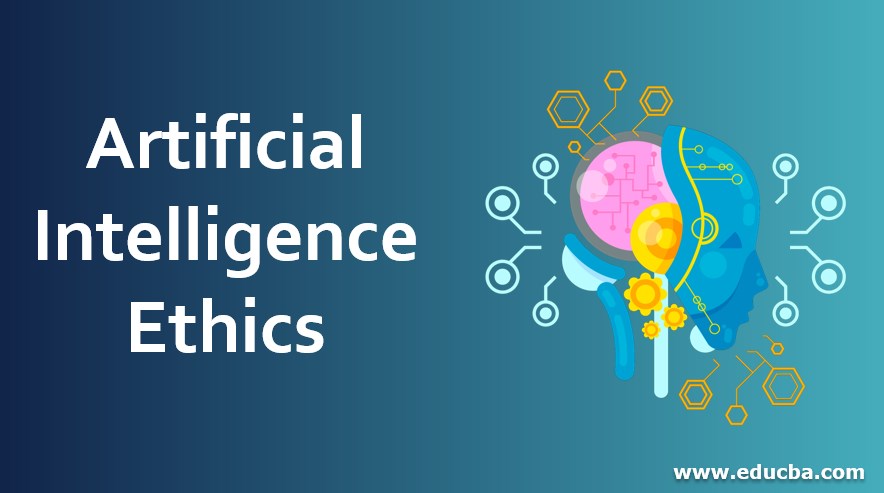

The Ethics of Artificial Intelligence: A Critical Examination
Artificial intelligence (AI) has without a doubt become an integral part of our daily lives. From virtual assistants like Siri and Alexa to self-driving cars and medical diagnosis systems, AI has revolutionized the way we live, work, and interact with each other. However, as AI continues to advance and become more pervasive, it raises significant ethical concerns that need to be addressed. In this article, we will delve into the ethical implications of AI and explore the critical issues that need to be considered.
Autonomy and Accountability
One of the most pressing ethical concerns regarding AI is the issue of autonomy and accountability. As AI systems become more autonomous, they are increasingly making decisions that have a significant impact on human lives. For instance, self-driving cars may need to make split-second decisions about who to save in the event of an accident, while AI-powered medical diagnosis systems may need to decide who should receive life-saving treatment.
However, who is accountable for these decisions? The programmer who created the algorithm, the company that deployed the system, or the system itself? This lack of accountability raises serious ethical concerns, particularly in cases where AI systems make decisions that are harmful or discriminatory.
Bias and Discrimination
AI systems are only as good as the data they are trained on, and biases in the data can lead to biases in the AI’s decision-making process. For example, facial recognition systems that are trained on predominantly white faces may struggle to recognize faces of people of color, while AI-powered loan approval systems that are trained on historical data may perpetuate discriminatory lending practices.
Moreover, AI systems can also perpetuate biases and stereotypes by learning from and reinforcing harmful social norms. For instance, AI-powered chatbots that are designed to simulate human-like conversations may learn to use sexist or racist language if they are trained on data that includes such biases.
Job Displacement and Economic Inequality
The increasing use of AI in industries such as manufacturing, transportation, and customer service has led to concerns about job displacement and economic inequality. As AI systems become more efficient and cost-effective, they may replace human workers, particularly in low-skilled and low-wage jobs.
This could exacerbate existing economic inequalities, particularly for vulnerable populations such as low-income communities and minorities. Moreover, the benefits of increased productivity and efficiency may accrue primarily to corporate shareholders and investors, rather than being shared with workers and communities.
Privacy and Surveillance
AI systems require vast amounts of data to function effectively, and this raises significant concerns about privacy and surveillance. As AI-powered devices and systems become more ubiquitous, they may collect and analyze vast amounts of personal data, including sensitive information about individuals’ health, finances, and personal relationships.
Moreover, AI-powered surveillance systems may be used to monitor and control individuals, particularly in authoritarian regimes. This raises serious concerns about the potential for AI to be used as a tool of social control and oppression.
Value Alignment and Human Values
AI systems are typically designed to optimize specific goals and objectives, such as maximizing profits or efficiency. However, these goals may not align with human values such as compassion, empathy, and fairness. Moreover, AI systems may not be able to understand or prioritize human values in the same way that humans do.
This raises significant concerns about the potential for AI systems to make decisions that are harmful or unethical, even if they are technically "optimal". For instance, an AI system designed to maximize profits may prioritize short-term gains over long-term sustainability or social welfare.
The Need for Ethical Frameworks and Regulations
The ethical concerns surrounding AI are complex and multifaceted, and require a comprehensive and nuanced approach. This includes developing ethical frameworks and regulations that can guide the development and deployment of AI systems.
Governments, industry leaders, and civil society organizations must work together to establish clear guidelines and standards for AI development, including requirements for transparency, accountability, and value alignment. Moreover, there is a need for increased investment in AI research and development that prioritizes ethical considerations and human values.
Conclusion
The ethics of artificial intelligence is a critical and rapidly evolving field that requires urgent attention and action. As AI continues to shape our world, it is essential that we prioritize ethical considerations and human values in the development and deployment of AI systems.
This includes addressing concerns around autonomy and accountability, bias and discrimination, job displacement and economic inequality, privacy and surveillance, and value alignment and human values. By developing ethical frameworks and regulations that prioritize human well-being and dignity, we can ensure that AI is developed and used in ways that benefit all members of society, rather than just a privileged few.




